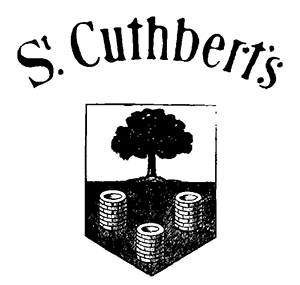St Cuthberts Mill Paper
Call or email:
+44 (0)1749 672015
sales@stcuthbertsmill.com
St Cuthberts Mill Paper
Watercolour
Printmaking
Digital Fine Art

|
Somerset® Photo Fine Art Inkjet Paper
General storage and handling instructions
- Keep the paper in its original packaging until required.
- Store the paper flat.
- Avoid extremes of temperature or humidity. We suggest 15-25°C (59 – 77°F) and 40-60% relative humidity.
- Handle the paper by the edges or underside. Avoid touching the area to be printed, as oils from the skin could affect the coating.
- Do not expose the paper to organic vapour.
- The coated side is always packed uppermost on sheets, and outermost on rolls. If you are in any doubt identifying the coated side, try moistening your fingers and touch both sides of the paper. The coated side appears to be slightly sticky.
Printing
- Feed sheets of paper into the printer one at a time. Some printers require hand feeding.
- If feeding problems arise after printing several sheets, try putting an uncoated sheet through the printer to remove any build up of coating material on the feed mechanism.
- FREE generic ICC profiles are available from this website. These will give you a starting point for getting good colour. They are available for common wide format printers using manufacturers OEM ink. If higher colour accuracy is required, it is recommended you invest in a custom profile for your individual printer.
After printing
- Handle the print with care, as the surface is easily damaged.
- Let prints dry thoroughly. Drying is best done individually in drying racks, which allow free circulation of air. The prints should be left like this for up to 24 hours. Do not stack a number of freshly printed prints in a pile. Do not seal freshly printed material in polythene bags, in drawers, or other areas where air cannot freely circulate until the print is dry.
- If the dried prints are to be stored in plastic bags at any point, we recommend the use of bags that do not contain plasticisers.
- Coated papers can react to organic solvents, plasticisers, and antioxidants. These products could be contained in tapes, plastic bags, dry mounting film and could cause discolouration of the print. Discolouration of coated papers is a known phenomenon, but it is only temporary and very rare, and can be permanently reversed by exposure to UV light. If yellowing is experienced, exposing to daylight for a short period can permanently reverse it. For an independent report on handling issues relating to inkjet papers by Mitsubishi Paper Mills click here.
Fade resistance and framing
- For print longevity pigment inks are advised.
- Frame prints to archival standards indicated by the Fine Art Trade Guild and ISO 18902: Imaging materials, processed imaging materials, albums, framing and storage materials.
- As with all original artworks, prints should be framed behind glass and hung away from direct sunlight.
